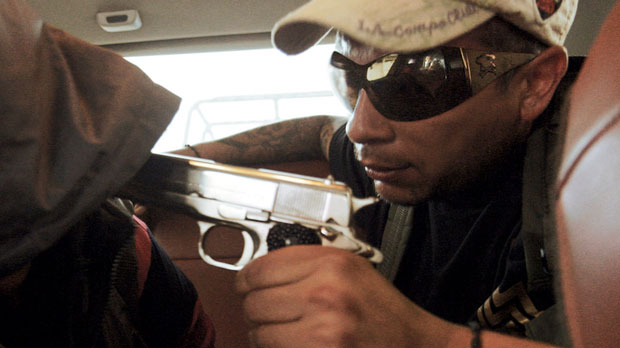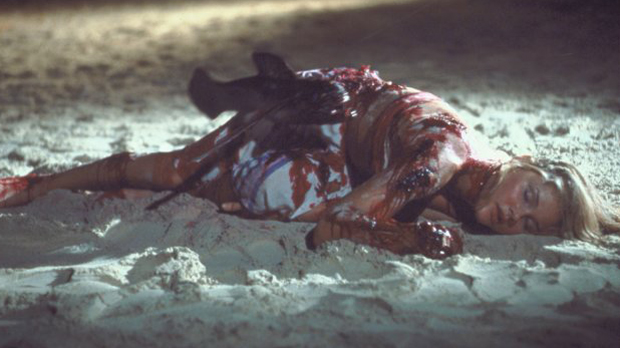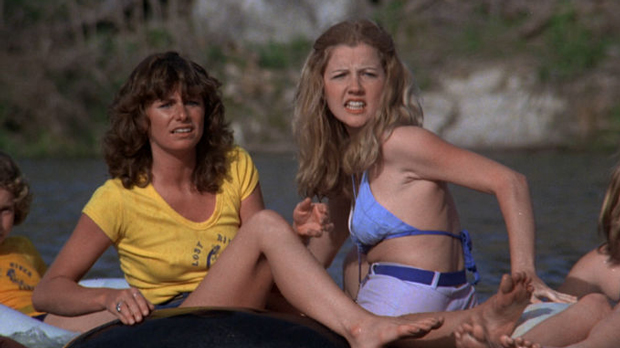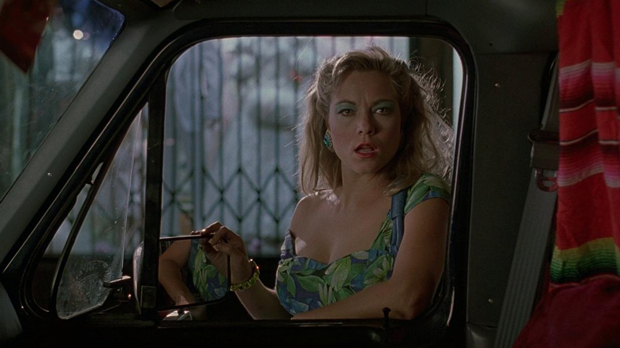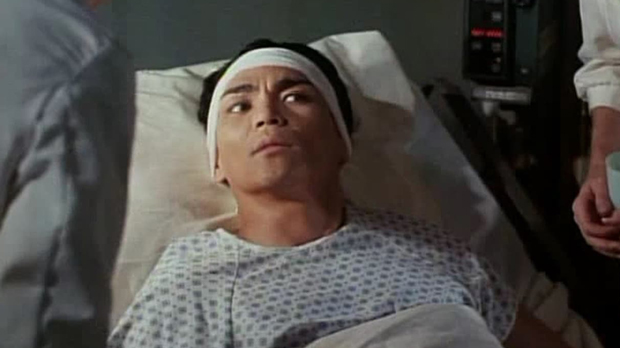 Cartel Land (2015) The Orchard/Documentary RT: 98 minutes Rated R (violent disturbing images, language, drug content, brief sexual material) Director: Matthew Heineman Music: H. Scott Salinas and Jackson Greenberg Cinematography: Matthew Heineman and Matt Porwoll Release date: July 10, 2015 (Philadelphia, PA) Cast: Jose Mireles, Tim “Nailer” Foley.
Cartel Land (2015) The Orchard/Documentary RT: 98 minutes Rated R (violent disturbing images, language, drug content, brief sexual material) Director: Matthew Heineman Music: H. Scott Salinas and Jackson Greenberg Cinematography: Matthew Heineman and Matt Porwoll Release date: July 10, 2015 (Philadelphia, PA) Cast: Jose Mireles, Tim “Nailer” Foley.
Rating: ***
Early on in Cartel Land, Arizona militia leader Tim “Nailer” Foley talks about how the citizens of Old West towns would often take up arms and assist lawmen in defending their turf from bandits. There are the true vigilantes. He considers it his mission in life to defend his country by stopping Mexican cartel members from illegally crossing the border. His intentions are good, but are they right? Do we have the right to take the law into our hands when government officials turn a blind eye to illegal goings-on? At what point does upholding the law become criminal?
These are the questions director Matthew Heineman asks in Cartel Land, a gripping documentary that focuses on two men fighting the good fight against the Mexican drug cartels responsible for the sharp rise in violence and murders over the past two decades. He gets right in thick of the action to provide a fascinating, on-the-ground account that will leave some viewers shaken. At times, it’s more thrilling than a conventional Hollywood action movie with the bullets flying mere feet from the camera.
Across the border, Dr. Joes Mireles forms the “Autodefensas”, a group of armed civilians whose primary objective is to rid Michoacan of the powerful Knights Templar drug cartel. They go from town to town, grabbing suspected cartel members and sending them packing. The only problem is law enforcement (both local and federal) doesn’t seem to care. If anything, they appear to be in collusion with the cartels. At one point, the Mexican Army shows up and disarms the Autodefensas, claiming that the townspeople don’t want their help. In response, the townspeople band together and demand that their defenders’ weapons be returned at once.
For a short while, it seems like the Autodefensas are making progress, but things take a dramatic turn downwards after Mireles is critically injured in a plane crash (an apparent assassination attempt). Meanwhile, in the US, Foley and his men guard the border, always on the lookout for scouts and those attempting to sneak into the country. Once caught, they’re immediately turned over to the authorities. Heineman weaves the two stories together and Mireles’ is, by far, the more compelling of the two. It would make for a great action flick.
Heineman gets up close and personal with his two subjects in a series of candid, revealing interviews in which they discuss their motivations and intentions. Foley describes an abusive childhood that led to heavy drug and alcohol use until a near-fatal accident scared him into cleaning up his act and going straight. Foley lost everything (his job, his house) when the economy tanked in ’08 after which he decided to take up arms in the war against drugs. He’s very open about his feelings about illegal immigrants which might cause one to think that his actions might be partially motivated by racism. A woman describes how cartel members brutally executed 15 farm workers (including children and a baby) after the owners refused to pay them off. Incidents like this are the reason Mireles got involved in the war against the cartels. His actions make him a celebrity. People shake his hand when he walks by. He appears to enjoy his fame. He’s so into what he’s doing that he doesn’t notice the coup forming right under his nose.
Heineman, in a move equally bold and foolhardy, bookends Cartel Land with interviews with masked men cooking meth in the desert. They explain the economic benefits of exporting their illegal product to the US. It’s a billion dollar industry from which many people make a profit including higher-ups in the Mexican government. Since we all know that the Mexican government is corrupt, is it really that startling a revelation that Mireles’ efforts are futile? Heineman asks some big questions, but doesn’t really answer them. He explores the subject with a visceral immediacy that’s often thrilling. The images of hanging corpses and decapitated heads speak volumes about the atrocities being committed across the border. But what about the bigger issues? What is the legal status of vigilantes in the US? What about the official and unofficial positions of the US government in such matters? Heineman could have explored his subject a little deeper. But as a boots-on-the-ground, verite-style look at a horrific situation, Cartel Land delivers. It may not tell you things you don’t already know, but it shows you things you’ll wish you never saw.
